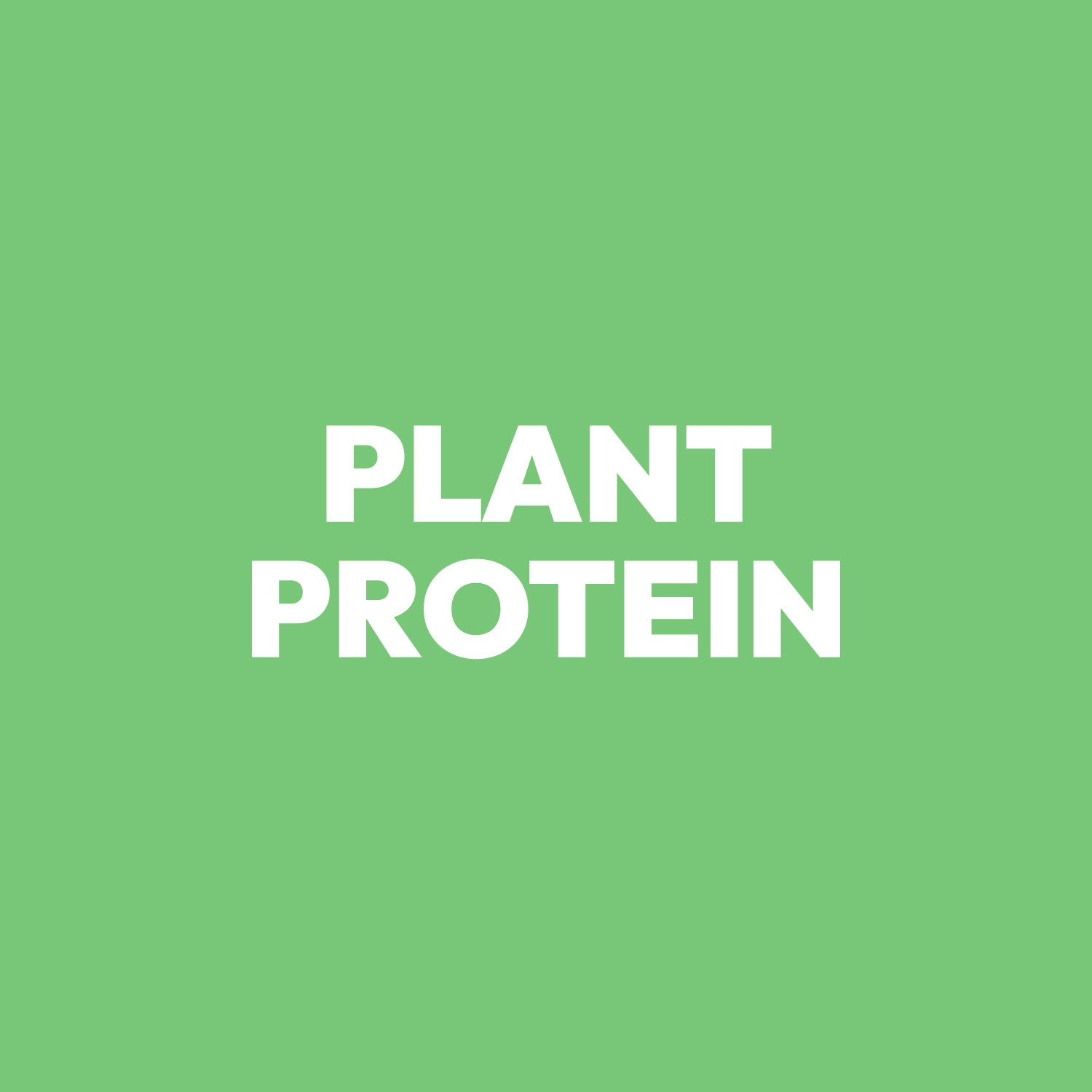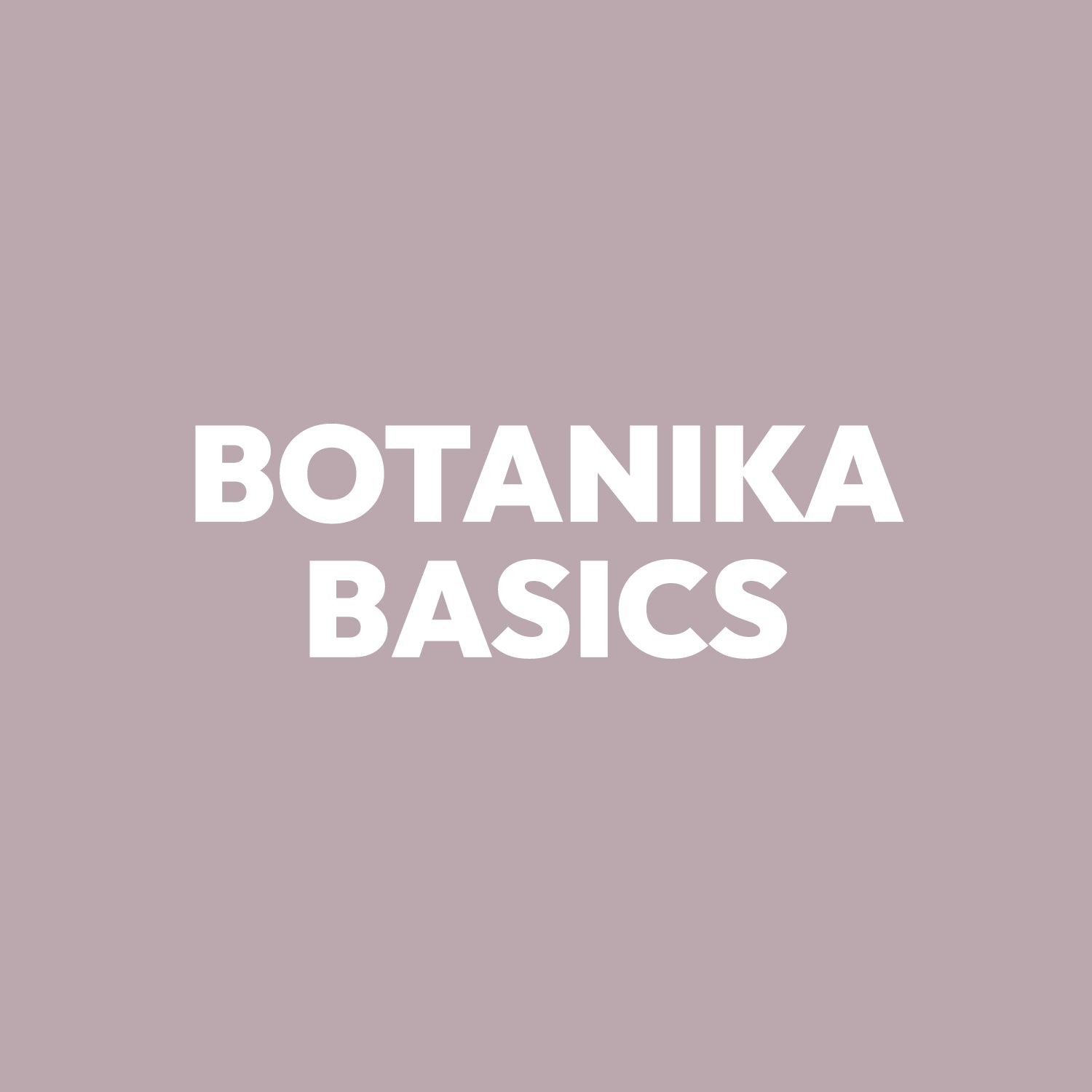

Is a Plant‑Based Diet Better Than a High‑Protein Diet?
With so many diet trends battling for attention, it’s easy to get confused between going plant-based and following a high-protein meal plan. Both have passionate supporters, science-backed benefits, and unique approaches to fuelling your body—but which one truly leads to better long-term health?
Whether you're looking to lose weight, support your heart, build lean muscle, or simply improve your overall well-being, understanding the core differences between these eating patterns is essential.
In this article, we’ll break down the science behind plant-based diets and high-protein diets, uncover the truth behind their health benefits, and help you decide which approach aligns best with your lifestyle, goals, and values.
Let’s dive into the facts behind the food.
1. What Is a Plant-Based Diet?
A plant based diet centres on plant based foods—think whole grains, legumes, brown rice, vegetables, fruit juices, nuts, plant based milks, and more. Plant-based diets minimise or avoid animal products such as meat, dairy, eggs, and seafood.
It spans everything from vegetarian and vegan diets to flexitarian or plant‑forward patterns. For a balanced plant-based diet, it is important to include a variety of food groups, such as fruits, vegetables, grains, legumes, nuts, and seeds.
The emphasis is on minimally processed foods, healthy plant based eating, healthy fats, and fortified foods, such as nutritional yeast and breakfast cereals, that help provide all the essential nutrients.
👉 Check this article about plant based diet
2. What Is a High‑Protein Diet?
A high‑protein diet typically prioritises animal foods—beef, chicken, dairy products, eggs—and protein‑rich animal based foods or meat eaters‘ staples. People who eat meat or eat animal products often follow non vegetarian diets.
Protein may also come from processed meat, whey protein, or animal sourced foods. Some high-protein diets emphasise lean meat or poultry as healthier options. While high in essential nutrients for muscle and metabolic health, it can often involve more saturated fats, and fewer plant foods or plant based protein sources. Non vegetarian diets are often associated with higher energy intake, greater environmental impact, and less favourable health outcomes compared to plant-based diets.
3. Health Benefits: Plant‑Based vs High‑Protein
🌱 Plant‑Based Diet Benefits
-
Lower risk of chronic diseases: Multiple randomised controlled trials and cohort studies show plant‑based eating patterns are linked to significantly lower risk of heart disease, developing heart disease, type 2 diabetes, prostate cancer, cardiovascular disease, and overall mortality.
-
Weight control & body weight benefits: Plant‑based diets tend to reduce body weight and body fat even without calorie restriction, thanks to foods primarily fibre‑rich, low‑energy‑density sources that promote satiety.
-
Heart health: Studies show lower LDL, blood pressure, and total cholesterol in plant‑based eaters.
-
Gut health: High fibre and plant foods support a more diverse microbiome and reduced inflammation.
🐮 High‑Protein (Animal‑Based)
-
Short‑term benefits for lean muscle growth, muscle mass, and weight loss, especially when combined with resistance training.
-
Risks if protein intake comes heavily from processed meat, which may raise inflammation, cardiovascular and cancer risk.
-
One NIH RCT showed plant‑based low‑fat diet curbed appetite better, though animal‑based low‑carb showed steadier insulin responses—short‑term only.
-
Overconsumption (especially of saturated animal protein) may harm kidney function in susceptible individuals.
4. Nutrients & Protein: Are You Missing Anything?
|
Nutrient |
Plant-Based Diet |
High‑Protein (Animal) |
|---|---|---|
|
Protein |
Adequate with legumes, seeds, soya, and whole grain sources such as whole grain breads and flours |
Abundant, complete animal proteins |
|
Amino Acid Quality |
Complete if varied (beans + grains) |
Complete by default |
|
Essential Fatty Acids |
Plant-based fats including healthy fats like nuts/seeds |
More saturated fats |
|
Vitamin B12, D, Zinc, Iodine |
May need fortified foods or supplements |
Naturally present, though variable |
|
Fiber & Phytochemicals |
High—associated with lower chronic disease risk |
Low |
A well‑planned healthy plant based diet can deliver all essential nutrients, especially with attention to fortified foods or supplements for B12, vitamin D, calcium, iron, and omega‑3s. Whole grain foods, such as whole grain breads and flours, are important contributors to plant protein and other nutrients in a plant-based diet.
5. What Does the Science Say?
-
Randomised controlled trials show plant‑based diets can promote bigger weight loss and better metabolic markers—even without restricting calories.
-
The portfolio plant‑based diet significantly lowered LDL cholesterol in 4-week controlled trials.
-
Meta‑analyses and cohort research track consistent reductions in heart disease, diabetes, some cancers, and overall mortality among those following vegan and vegetarian diets.
-
Some concerns: potential limitations in bone health and stroke risk seen in long‑term vegan diets, though mostly in less nutritionally balanced examples.
6. Sustainability and Environmental Impact
Choosing a plant-based diet isn’t just about reaping health benefits—it’s also a powerful way to support the planet. Plant-based eating patterns, including vegan and vegetarian diets, are increasingly recognised for their positive impact on sustainability and the environment.
Animal-based foods, especially from large-scale livestock production, are a major driver of greenhouse gas emissions, deforestation, and water consumption. In fact, livestock farming is responsible for about 14.5% of global greenhouse gas emissions. By contrast, plant-based diets have a much lower carbon footprint. Research suggests that switching to a vegan diet can cut an individual’s food-related carbon emissions by up to 50%.
Plant-based foods require far fewer natural resources to produce. For example, producing one pound of beef can use up to 1,000 gallons of water, while growing a pound of wheat needs only about 25 gallons. This means that by choosing more whole grains, brown rice, legumes, and plant-based milks like soy milk or almond milk, you’re helping to conserve water and reduce the strain on our planet’s resources.
Plant-based eating also supports sustainable agriculture. Practices like crop rotation and organic farming, often used to grow plant foods, help maintain healthy soil, reduce the need for synthetic fertilisers and pesticides, and encourage biodiversity. Plus, plant-based foods tend to have a longer shelf life than animal-based foods, which can help reduce food waste at home and throughout the supply chain.
Supporting local economies is another benefit. Many small-scale farmers who grow nuts, seeds, and whole grains—such as pumpkin seeds, almonds, and brown rice—prioritise environmentally friendly and sustainable methods.
By choosing these foods, you’re not only nourishing your body with healthy fats and plant-based protein, but also supporting communities that value sustainability.
6. So Which Is Better for You?
🌱 Choose a Plant‑Based Diet If You Want:
-
Long‑term health benefits, including lower chronic disease risk
-
Sustainable weight loss or healthy weight management
-
A diet rich in whole grains, beans (e.g. black beans), pumpkin seeds, citrus fruits, brown rice, plant based meals, and plant based milks
-
Reduced intake of processed meat and sugar‑sweetened beverages
-
Better body composition and cardiovascular outcomes
🐮 Choose a High‑Protein Animal‑Based Diet If You:
-
Prioritise rapid muscle growth, performance, and recovery
-
Don’t have concerns around heart health or chronic disease
-
Can tolerate animal foods or dairy products without digestive issues
However, even those on high protein diets can benefit from swapping some meat for plant based proteins, legumes, and whole grains to improve overall nutrient quality and reduce harmful intake.
Final Thoughts about Plant‑Based & High‑Protein Diet
While both high‑protein diets and plant-based diets have benefits, the science increasingly supports the long-term health benefits of plant-based eating patterns, especially when they're rich in minimally processed foods, fortified plant foods, and tailored to meet nutrient needs.
If you're looking for weight control, heart health, disease prevention, and longevity, a well-constructed plant based diet offers more wide-ranging benefits, with fewer risks.
A combined approach emphasising lean plant proteins while occasionally including animal sources if needed can also work well under expert guidance.
|
Aspect |
Plant-Based Diet |
High-Protein Diet |
|---|---|---|
|
Definition |
A way of eating focused on plant foods like veggies, fruits, legumes, and grains |
A diet high in protein, often from animal or mixed sources |
|
Main Food Sources |
Fruit, veg, whole grains, plant-based proteins (lentils, tofu, etc.) |
Lean meats, eggs, dairy, protein shakes or supplements |
|
Protein Intake |
Moderate to high with well-combined plant protein sources |
High, often exceeding standard daily requirements |
|
Pros |
Linked to lower risk of chronic diseases, healthy body weight, gut support |
Supports muscle growth, improves satiety, helps with fat loss |
|
Potential Cons |
Watch for key essential nutrients (like B12, iron, omega-3s) |
Risk of excess processed meats or saturated fats, depending on food choices |
|
Heart Health |
Shown to significantly lower risk of cardiovascular disease |
Can support heart health if low in saturated fat, quality matters |
|
Environmental Impact |
More sustainable, lower impact on food production and resources |
Heavier footprint due to animal agriculture and higher water use |
|
Best Suited For |
Anyone aiming for overall wellbeing, weight control, or ethical living |
Active folks looking to build muscle or support high physical performance |
Share:
FAQs about Plant‑Based & High‑Protein Diet
More blogs
-

Best Natural Sleep Drinks Australia 2026
Sleep drinks are revolutionising how Australians approach better rest. Unlike tablets or teas, they deliver concentrated doses of sleep-supporting ingredients in a warm, enjoyable format that fits seamlessly into your evening routine. Magik Mylk Sleepy Hot Chocolate leads the market with...
-

Natural Sleep Ingredients Explained
Looking for better sleep without synthetic chemicals? Plant-based sleep supplements combine time-tested botanicals with modern science. Magnesium relaxes your muscles, L-glycine lowers body temperature for deeper sleep, L-tryptophan supports serotonin production, passionflower eases anxiety, and chamomile promotes calm, all working together naturally. This guide breaks down the top ingredients backed...
-

Chocolate Rice Protein Pudding
Leftover rice… but make it dessert 🍫This Chocolate Rice Protein Pudding is rich, silky, and quietly genius. Zero waste energy, chocolatey comfort vibes, and a sneaky protein boost... aka dessert that does more. Method 1. Melt your chocGently melt the dark...
















